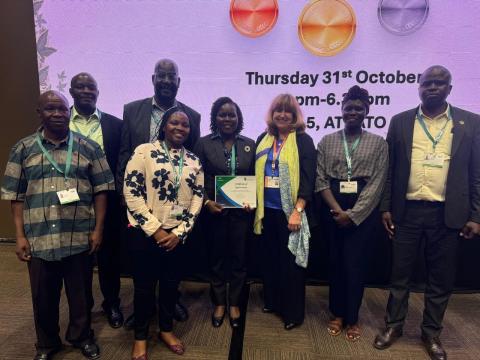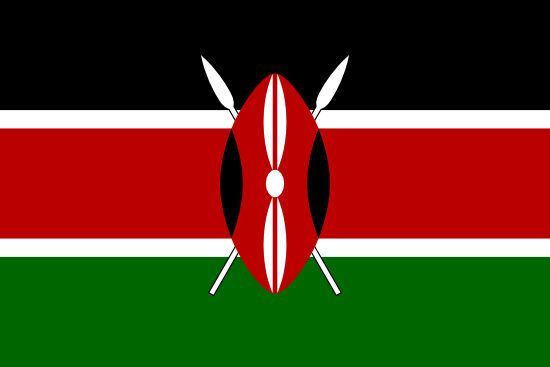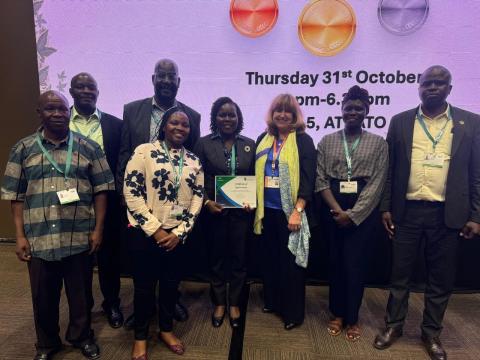Key Outcomes of COP16 and relevance to Kenya
COP16 in Cali, Colombia, marked significant progress in advancing global biodiversity priorities, with several key outcomes that hold particular relevance for NEMA and Kenya.
Creation of a Subsidiary Body for IPLCs: A dedicated subsidiary body was established to strengthen the role of Indigenous Peoples and Local Communities (IPLCs) in implementing the Kunming-Montreal Global Biodiversity Framework (GBF). This aligns with Kenya's efforts to recognize and protect IPLC contributions to biodiversity conservation, especially in areas such as traditional knowledge and community-based conservation.
The Cali Biodiversity Fund: The launch of the Cali Fund provides a much-needed financial mechanism to support biodiversity-related projects in developing countries. This fund offers a unique opportunity for Kenya to access additional resources for implementing its National Biodiversity Strategies and Action Plans (NBSAP), focusing on restoration, conservation, and sustainable use of biodiversity.
Enhancements to the Financial Mechanism: COP16 emphasized the importance of strengthening financial mechanisms under the Global Environment Facility (GEF) and other multilateral sources. This includes commitments to scale up financial flows to developing countries to support the implementation of the GBF. For Kenya, this is crucial for bridging the financing gap in biodiversity projects, particularly in areas like wetlands restoration, forest management, and pollution control.
Mainstreaming and Capacity Building: The conference reinforced the need for mainstreaming biodiversity across sectors and scaling up capacity-building initiatives. These outcomes support NEMA’s role in integrating biodiversity considerations into national policies and enhancing technical expertise within the agency.

Delegation from Kenya awarded the certificate
Kenya was awarded a Certificate of Appreciation on October 31, 2024, during COP16 of the Convention on Biological Diversity in Cali, Colombia. Presented by CBD Executive Secretary Ms.Astrid Shomaker, the award celebrates Kenyas well-organized National Clearing-House Mechanism (CHM) an online platform for managing and sharing biodiversity data, supporting the implementation Kunming -Montreal Global Biodiversity Framework .This recognition highlights Kenya’s leadership in biodiversity knowledge management and conservation, underscoring its commitment to the implementation of Global Biodiversity Framework.
Since earning the Bronze Award for its New National CHM in 2016 at COP13 in Mexico, Kenya has significantly advanced its CHM capabilities. Integrated with the nation’s Biodiversity Strategy and Action Plan, Kenya’s CHM focuses on strengthening biodiversity information collection, monitoring, and accessibility. The CHM current platform, Bioland 1.0, offers extensive data on biodiversity, and Kenya looks forward to upgrading to Bioland 2.0 to improve interoperability and user experience. Kenya also supports UNEP’s global project proposal to strengthen CHMs across nations, seeing it as vital to bridging gaps in technical and scientific capacity ensuring that data sharing and knowledge management truly become pillars of our shared global biodiversity objectives.
In Kenya, the National Environment Management Authority (NEMA) serves as the National Focal Point for the Clearing-House Mechanism (CHM). NEMA is responsible for maintaining the platform, updating essential biodiversity data, and promoting national awareness, ensuring the CHM remains a robust resource for conservation and informed policy decisions.

